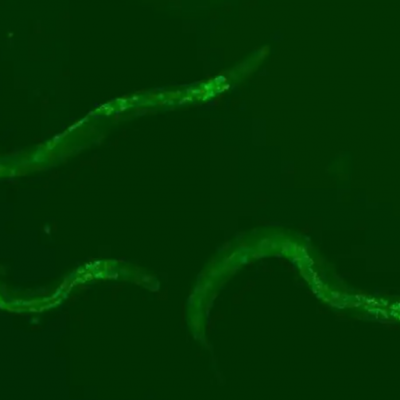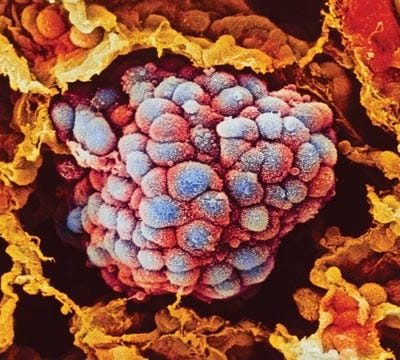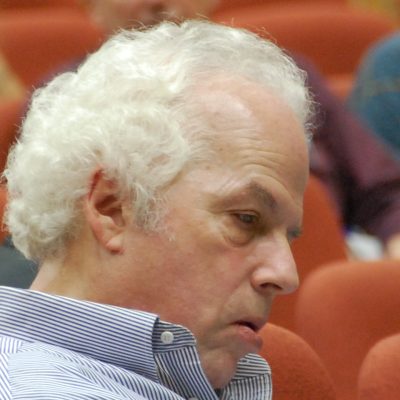A rare tree species, Abies beshanzuensis, found only in China, has been found to contain a compound that can suppress tumor growth. Unfortunately, there are only three known specimens of this endangered species left in the world. Scientists at Purdue University have been studying the plant to identify compounds that could be useful in medicine. They found sesquiterpenoids in the bark and needles of the tree, which they then synthesized in the lab. One of the analogs they created, called Compound 30, was found to inhibit the growth of the protein Tyrosine Phosphatase SHP2, which is necessary for tumor formation. This makes Compound 30 a potential cancer-fighting drug.
The advantage of Compound 30 over other cancer drugs is that it forms a covalent bond with SHP2, which means it can suppress tumor growth over the long term. It can also enhance the effectiveness of other cancer drugs like Etoposid. The researchers hope that this discovery will lead to the development of new and improved cancer treatments. They plan to conduct further studies to investigate the anti-cancer properties of the Chinese tree species before developing a drug from the synthesized compound.
This discovery is part of a growing trend of using natural compounds to treat diseases. Studies have shown that natural remedies like turmeric can be effective in treating wounds and inflammation. The potential of natural compounds to fight cancer is particularly exciting, as cancer is one of the leading causes of death worldwide. The discovery of Compound 30 is a promising step forward in the fight against cancer, and it highlights the importance of preserving endangered plant species like Abies beshanzuensis.










